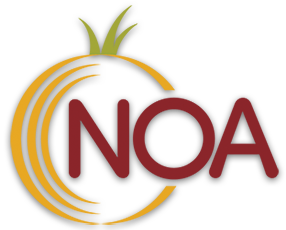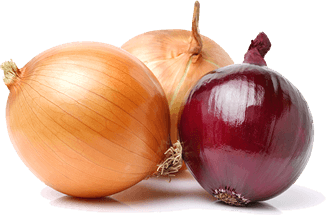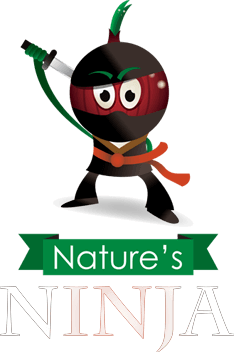Leftover Onion and Cut Onion
Q: Are cut onions or leftover onions poisonous?
A: When handled properly, cut onions are not poisonous. After being cut, onions can be stored in the refrigerator in a sealed container for up to 7 days.
A widely circulated claim states uncooked, leftover onions are ‘poisonous’ because they’re ‘a huge magnet for bacteria,’ thus likely to spoil. In fact, the onion’s own juices are antimicrobial, which means they will fight bacteria rather than attract it.
This claim stems from a blog post that dates back to March 2008. While the original post was removed from the internet in 2009, part of that post continues to circulate the internet. Even Snopes.com has dispelled this myth.
Onions promote hair growth
We often come across the claim that onions promote hair growth and there have indeed been studies, like this one. The study was only conducted on 23 patients, however, and may not be strong enough to verify this claim, our experts say.
Says our expert, Dr. Irwin Goldman, of the University of Wisconsin-Madison: “The study was done on patients suffering from a specific disease. Furthermore, the study is extremely limited in scope with respect to number of patients, the fact that the study was never repeated, and several other factors. Most important, there is no information in the study about how hair-regrowth was measured. … The investigators should, at a minimum, explain how the hair-regrowth was evaluated in these patients and what the magnitude of the regrowth was. Instead, they didn’t mention this at all and simply indicated that there was re-growth. In my view, the study’s conclusions cannot be well understood from the publication itself.
The ultimate health cure
- A medical student in England claimed recently that Eating pickled onions is saving my life! We love her enthusiasm, but we don’t know of any way to really prove it.
- One recent article has claimed that adding onion skins, which are high in cancer-fighting quercetin, to your foods can fight innumerable health problems. See article here. Says, Dr. Goldman: “Quercetin is indeed present in higher concentrations in onion skins than in the onion bulb’s interior, and quercetin is indeed high in onions, but there is minimal to no information — in my opinion — to show that retrieving the quercetin from onions cooked or soaked in water will have measurable health benefits on people. Cooking, particularly boiling, can reduce the content of flavonoids in the onion; though each individual flavonoid seems to behave a bit differently in response to cooking; but some are retained at as high as 70 percent. Cooked onions do seem to have some potential health value in this way. However I’m not sure if we know what it might mean to save the skins and then later use them as a source of flavonoids. Perhaps this could yield some value- I am not sure. I do not believe that there are studies that have measured this directly. It is a potentially promising area but one that if taken as a fact could be considered misleading.”




